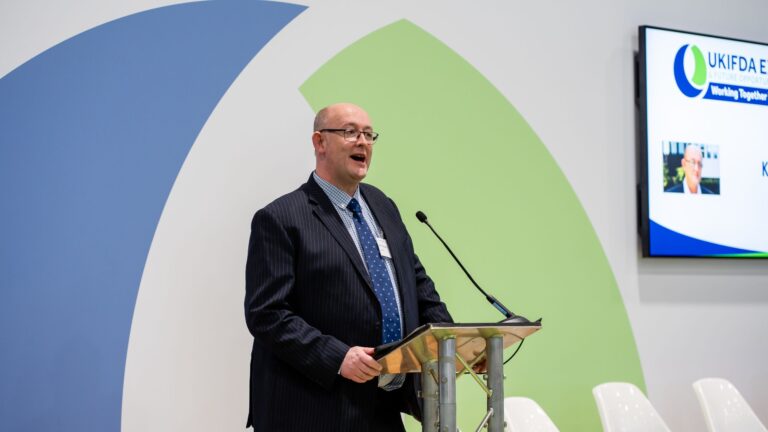
For those who lived in London in the ‘60s and ‘70s, the loud bellowing of the bus conductor at the end of the line shouting “All change please, all change” will undoubtedly bring back memories. For some, this will include the downtrodden, miserable inspector Blakey in the drama On the Buses. I wonder who will be shouting, “You stupid great lump”, on July 5th.
The reality is that change is upon us, and just like buses no longer have conductors, the future of our industry is now at stake. The urgency of this situation cannot be overstated, and it’s crucial that we act now to ensure a sustainable platform for the future.
A pragmatic approach
Our consistent message to all the political parties before and during the election was that a pragmatic approach to decarbonising the 1.7 million homes in the UK that use oil for heating should include replacing kerosene oil with a renewable liquid fuel or blend:
Provides choice to rural households
Removes costly upfront expenditure
Avoids consumer disruption
Government grants not needed
Meets existing carbon budgets
Avoids electric grid upgrades
The workforce already exists
Incorporates existing legislation
Creates local support for decarbonisation
A number of people have asked why we are approaching the solution using a blend rather than a 100% renewable fuel. The reality is we are trying to practise what we preach – pragmatism – and, importantly, find a solution that accommodates the majority of our customers and mirrors the universal delivery of one fuel while keeping things simple.
Currently, renewable fuels such as HVO are about twice as expensive as kerosene. Albeit the differentials are going down. For the average consumer, this is likely to mean about £900 extra on their annual fuel bill, on top of the cost of changing the boiler nozzle at c.£500. In the current economic climate, this is a tall order and it is unlikely any new government will sign it off. This is the same argument for not installing heat pumps and the only solution would be to deliver mass government grants at a time when the Treasury coffers are bare.
However, unlike heat pumps, there is a way of achieving the next ten years’ worth of carbon budgets without breaking the bank or causing the need for mass consumer disruption.
All about the blend
The RTFO legislation already advocates the blended route, so it is easy to adopt and well understood by industry and consumers alike. A blend also allows for slightly more favourable tax treatment and is pitched at the right level with no changes to boilers. It will also enable the supply chain to expand and align neatly with government plans for sustainable aviation fuel production.
To put this into context, our current modelling shows that a 20% blend would cost an average customer an extra £36 per year without an upfront cost. It is clear that past plans, which set distant long-term goals, have stifled solutions that can be introduced quickly and cheaply today. We must also remember that many homes cannot take heat pumps, and over time, we will need to find solutions – this approach brings the solution one step closer.
Some have said that expense is not the issue. I am sorry, but on this point, I beg to differ. Just listening to our exceptional customer service teams recounting the distressing stories of customers being forced to choose between heating and eating over the past 12 months makes it clear that cost is, indeed, the issue. Simply examining the consumption numbers for the last 12 months makes it evident that consumers are facing difficulties.
Considering that the average disposable income in the UK is £32k (before any bills, but after taxes), and the average of the lowest 20% is less than £15k, an extra £900 on a fuel bill is a step too far. This is supported by the evidence from the recent Future Ready Fuel survey, which showed that 56% of consumers are willing to pay between £1,000 and £2,000 extra for a new heating system.
A blend starts our decarbonisation journey. It doesn’t rely upon years of costly electric grid upgrades or huge disruption to households, and above all else, it matches our customers and their homes to a pragmatic and affordable solution.
Every bus has a destination and we have a chance to determine where that will be – time to get on board and hold tight.
Image credit: UKIFDA
